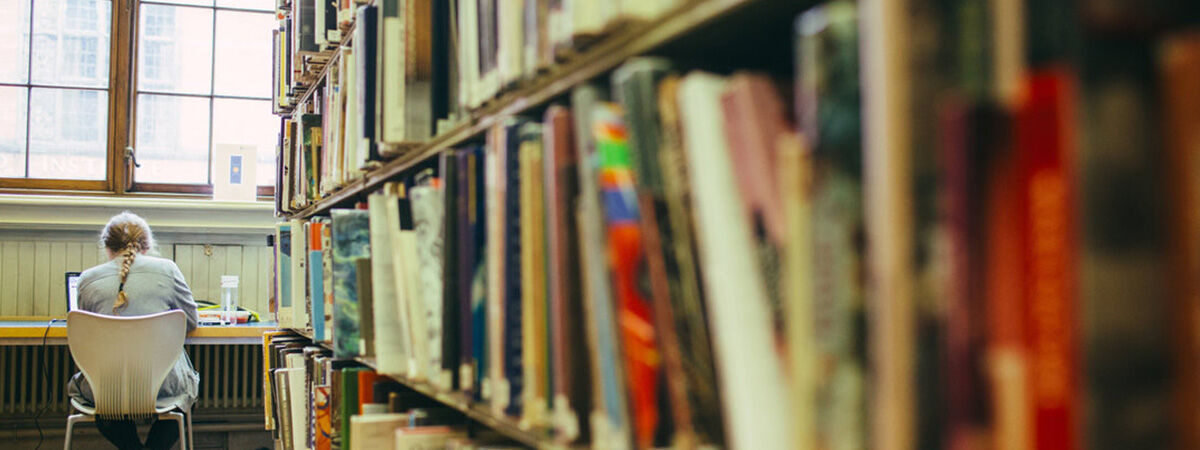Our objectives
Since the turn of the new millennium, we have seen artists increasingly engage directly with political issues. These forms of engagement were notable from the 1970s onwards but, more recently, they have been extended to include the impact of globalization, migration, decolonization, racism, gender, digitization, biopolitics, environmentalism and their cumulative impact on our lives and communities.

In these contexts, artists as cultural practitioners have come to occupy a number of different roles, ranging from educators, campaigners, protesters and, in some cases, active politicians. To the extent that the two often seem both interchangeable and mutually supportive, these developments have generated a series of often direct relationships between art as a practice and activism as a social process. Artists have come to be regarded as political activists working both from within and outside given political structures. To this end, cultural practitioners have effectively expanded the idea and ideal of activism.
Throughout the Art Activisms research cluster, we focus on the impact of these activities and the role of art practices in representing and participating in some of the key political debates of our time. As researchers, the political dimensions of cultural production continues to be an abiding concern. The degree to which art as a form of activism reflects upon and intersects with key social, political, economic and historical concerns gives focus to a series of key research questions:
- What is art’s historical relationship to local, national and international political contexts;
- How do cultural practitioners deploy forms of direct action, political collaboration, and community-based projects to effect debate and change;
- Do art practices and critical discourse enable alternative models of political engagement to emerge beyond cultural organisations and institutions;
- What is the viability of political claims made on behalf of (and often by) artists and institutions who co-opt activist practices;
- Can art as a practice generate a common visual language capable of engaging with, if not encouraging, broader forms of engagement;
- Can art as a practice—and the so-called artworld more broadly—offer a sustainable platform for a radical, transformative politics to emerge.
As a research cluster we have a wide-ranging and exciting portfolio of collaborative partners regionally, nationally and internationally that includes other educational institutions, as well arts and cultural organisations. Our cluster members and partners include established academics, practising artists, campaign groups, activist organisations, doctoral and emerging researchers, to ensure that a diversity of voices address these and other concerns.
Research in Art Activisms takes many forms: through quarterly research seminars and other events, we investigate ideas through presentations, art practice, collaborations, theory, and writing. We also share and disseminate our research as art works, performances, exhibitions, installations, events, catalogue essays, journal papers and books.